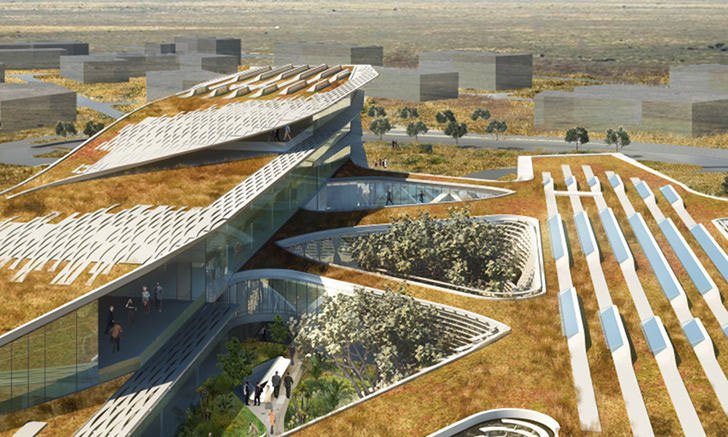Entrepreneurship is not only a vehicle for sustainable economic growth but also a pathway to deeper economic agency and less dependency on traditional development aid. The core of this belief inspired a five-year partnership between the MIT Kuo Sharper Centre for Prosperity and Entrepreneurship and the government of Botswana, which aims to catalyse the growth of early-stage startups.
Last week, the journey to strengthen the innovation and entrepreneurial ecosystem—especially in Botswana—began with the launch of the “Early-stage Entrepreneurship Program,” which brought together 31 startups at the Botswana Digital and Innovation Hub (BDIH).
The participants were selected from over 1,300 applications and represented sectors such as agriculture, climate resilience, health, and digital services. The three-day in-person segment of the program marked the start of a 12-week initiative, led by MIT faculty and Africa-based founders, designed to help participants refine their value propositions, develop scalable business models, and build the confidence needed to pitch to partners and investors both in Botswana and across the continent.
“Botswana has made clear its intention to be a beacon for innovation and prosperity across Africa. This past week was more than a series of events. It was a signal to the world of what becomes possible when governments embrace the potential of entrepreneurship. From our conversations with the Honorable Vice President, Mr. Ndaba Nkosinathi Gaolathe, to the passionate young entrepreneurs in our bootcamp, we witnessed a national commitment to rewriting the narrative—not just for Botswana, but for Africa as a whole,” said Dina H. Sherif, Executive Director of the MIT Kuo Sharper Center.
The transformative event also led to a series of follow-up activities, including a reunion for a “fellowship,” which brought together 22 MIT Fellows—experienced entrepreneurs from across Africa who have completed the rigorous program and are now part of a community committed to strengthening and connecting innovation ecosystems on the continent.
While in Botswana, the MIT Fellows recommitted to a shared vision for a more prosperous Africa through the power of innovation-driven entrepreneurship. Several fellows also explored opportunities to expand into Botswana, meeting with various stakeholders during their visit. During the stay, the fellows were honored to join Vice President and Minister of Finance, the Honorable Mr. Ndaba Nkosinathi Gaolathe, for a dinner at his home in Gaborone, where he warmly welcomed them: “Welcome home. You are always welcome home, and you will always be welcome home.”
It is through a more sustainable and dynamic model—one grounded in local innovation and pan-African collaboration—that prosperity can be achieved. This model can inspire the rest of the continent to embrace a new calculus for global prosperity—one that positions Africa as an engine for growth and opportunity.
“This visit represents more than collaboration; it is a defining milestone for Botswana. It marks the building of bridges that will unlock new possibilities for our entrepreneurs, our citizens, and our economy,” said Mr. Olesitse Masimega, Permanent Secretary of the Ministry of Trade and Entrepreneurship.


